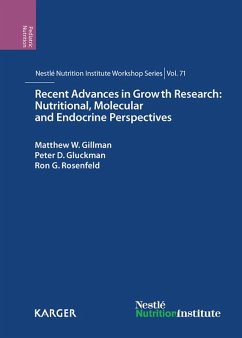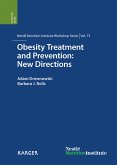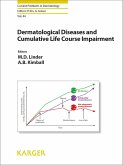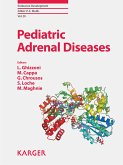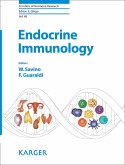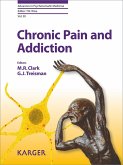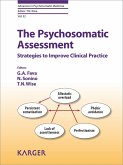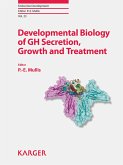Growth in mammals encompasses several stages, from intrauterine growth through infancy and childhood to adolescence. Each of these phases is characterized by very specific nutritional, molecular and endocrine perspectives which, under ideal conditions, allow the organism to achieve its genetically programmed growth patterns. In this book, an international panel of experts addresses these topics in a historical, physiological and social perspective. The first part investigates the genetic, epigenetic, molecular and nutritional determinants of intrauterine and postnatal growth. Part two deals with non-evolutionary changes which occurred in the recent past, such as changes in body size in utero, during infancy and childhood, and during adolescence, and the potentially unfavorable consequences of enhanced nutrition and growth, including early onset of puberty, development of obesity, and increases in metabolic and cardiovascular disease. The last part addresses the question of which factors define healthy growth in light of the influence of nutritional, molecular and endocrine influences. Although the association between rapid changes in body size and adverse health effects is clear, the precise nature of causality remains uncertain. Presenting the latest scientific findings in growth research, this publication provides essential reading for pediatricians, clinical investigators and health workers.
Dieser Download kann aus rechtlichen Gründen nur mit Rechnungsadresse in A, B, BG, CY, CZ, D, DK, EW, E, FIN, F, GR, HR, H, IRL, I, LT, L, LR, M, NL, PL, P, R, S, SLO, SK ausgeliefert werden.

